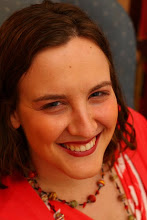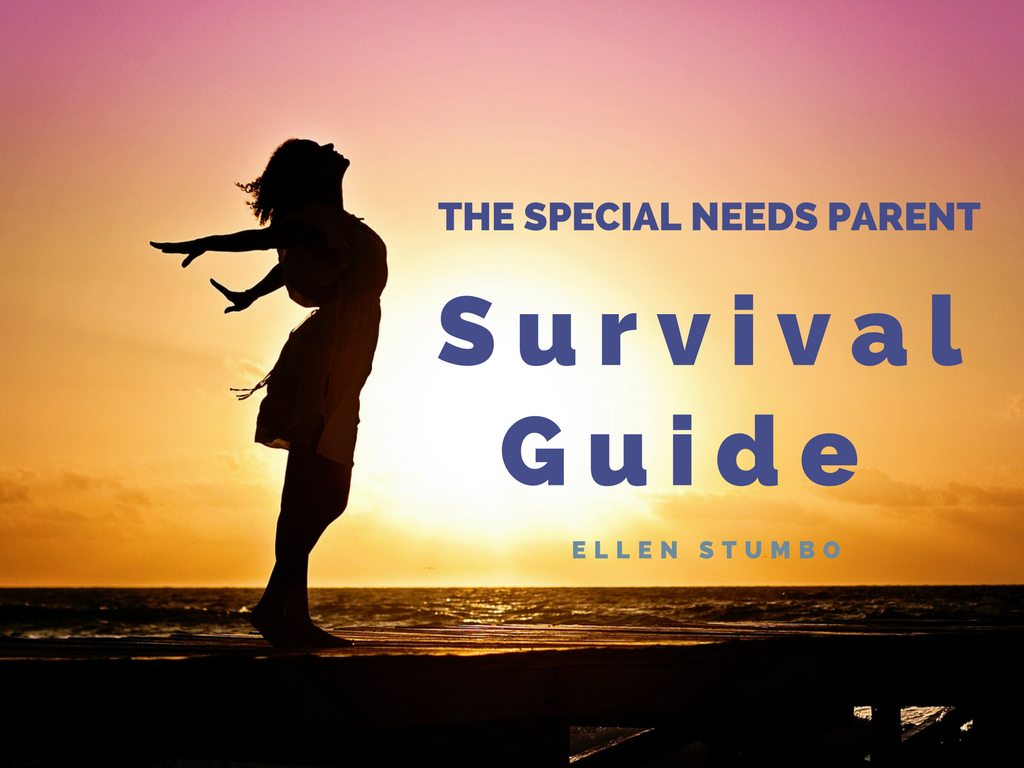Editor’s note: This is a guest post by Jenny Hill for a summer series highlighting great writers who focus on disability.

I asked Ellen Stumbo if she could pose a question to me that I could mull over and compose an answer. Here is her question: As an adult who has a disability, what do you see the parent role to be? I am a 31 year old woman living with mild cerebral palsy, but I am not a parent. So, I will do my best to offer my observations from my perspective. There seems to be so much parenting information available online, but so little written by adults with cerebral palsy for adults with cerebral palsy, so here we go.
First of all, thank you parents. I am continually amazed at all the things I see parents do for their kids: making dinner, helping them with homework, driving them to activities, volunteering at school, and loving them well. It seems to me that parenting can be exhausting, and parenting a child with special needs maybe even more so. There was a time in my childhood where my dad took on a second job selling furniture in the evening to pay for my physical therapy sessions. There are many sacrifices you are making, seen and unseen, and I don’t think you hear it enough: thank you for all you do.
It’s been helpful to have my parents close by. I live in a townhome about 10 minutes from my folks. I pay association fees so that someone comes and mows my grass, maintains the exterior of my home, and clears my driveway when it snows. Sometimes though, I’ve needed help with changing a lightbulb, unclogging a drain, and painting my walls. My parents have been so good about coming over and helping me out. I also found cleaning (my floors especially) to be exhausting after working full time and pursuing my doctorate. It was really hard for me to admit, but one day my mother saw my mess. I clutched her and wept in defeat, and now we split the cost of a cleaning lady to come to my house once a month.
My parents have been supportive on my journey to acceptance. I think it must be a very different experience to be two healthy, able body adults whose lives are changed one day when they realize they are going to parent a child with a disability. The grief and loss of that experience happens at a time when their pre-frontal cortex is fully developed and they are able to process the experience as mature adults. It’s quite a different journey to be born with a disability and to understand its implications as you develop. At the end of my graduate career, standing on the doorstep of adulthood, I found myself in a counselor’s office trying to grasp the reality of my disability, in some ways, for the first time in my life, certainly for the first time as a mature adult. Since then, I went on to write about my experiences in my book, Walking with Tension, blog, and occasionally speak.
We all have to keep an open mind when it comes to defining what success looks like. I think that adults with disabilities can be very successful, but their success may look different or come at different times than their peers. I’m not married and whether that’s part of the future plans has yet to unfold. I didn’t drive on the freeway until I was almost done with college, but that’s an area of my life that continues to improve—last month I even drove to St. Paul by myself at night. I was shaking with nervousness by the time I arrived, but I made it. I own my own house, am an auntie to three wonderful kiddos, a godmother to another beautiful girl; have precious friends whom I love dearly, a stable career, and the opportunity to graduate with my doctorate in a few months. My life is different, but it is good.
***
 Jenny Hill blogs weekly at http://jwalkinguphill.blogspot.com/. You can join her community of readers on her Facebook page: https://www.facebook.com/walkingwithtension or by following her on Twitter @Bibliophile84
Jenny Hill blogs weekly at http://jwalkinguphill.blogspot.com/. You can join her community of readers on her Facebook page: https://www.facebook.com/walkingwithtension or by following her on Twitter @Bibliophile84
Special Needs Parents, Are You Surviving?
I created a guide with 13 practical ways to help you find peace in the midst of chaos, opt in to make sure you get a copy of this freebie!


